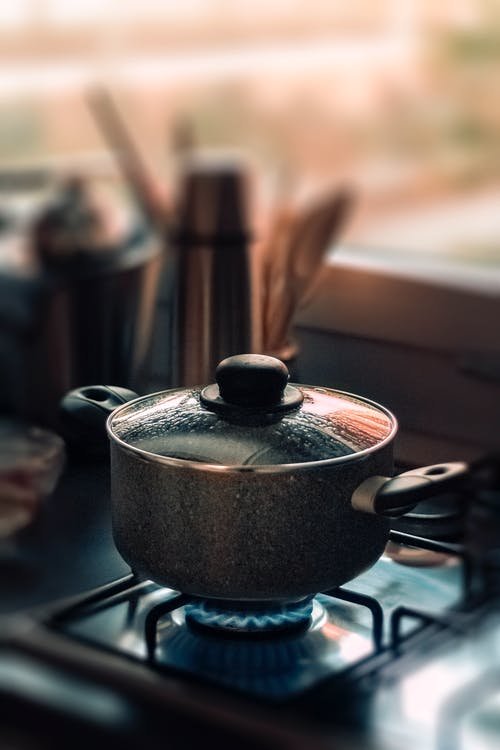A Journey into Nigeria's Pot
From Ragu Alla Bolognese of the Italians to the Baguette of the French, different cuisines give communities and regions distinct identities. Nigeria, my country, has over two hundred and fifty ethnic groups and as such, it has a wide variety of rich culinary traditions, with different flavours and aroma.
Any traveller travels with lots of expectations, but most especially the kind of foods available is Of more importance. Well, my paideia class would help to reduce the anxiety as we would learn and prepare some of these meals.
Nigeria has three basic ethnic communities: Yorubas, Igbos and Hausas. These communities have their own unique foods.The staple foods: cassava,rice, yam, beans, potatoes are used in a hundred ways to prepare different kinds of dishes. Due to how vast the cuisines are, my class would learn a dish from each of these tribes.
Common among the Yorubas is Efe Riro,a rich vegetable soup,eaten with
fufu(made from fresh or fermented cassava),Eba(made with fried cassava and hot boiling water to form a stiff dough) or yam flour. Efe Riro's main ingredients are vegetable(pumpkin leaves), water leaves, palm oil and any meat of your choice. Preparing the meat stock, adding seasonings (crayfish,pepper,salt,sliced onions, stockfish), the water leaves and finally the fresh pumpkin leaves, your green,leafy Efe Riro is ready.
It is not advisable to leave the soup on fire for a long time after the pumpkin leaves have been added. This is because the leaves will shrink and lose their nutritional value. Efe Riro is also called Edikan Ikong by the Ibibios, another tribe in Nigeria.
For the Igbos, Abacha(African Salad) is prevalent. More like a dessert, Abacha is prepared with cassava, Ukpaka(oil bean seeds), palm oil, powdered potash and fish. The cassava tubers are cooked,sliced,soaked in water for a while, washed thoroughly and dried under the sun. After drying, it is washed again and drained. Some quantity of palm oil is added to potash and beaten to lather in a bowl. Abacha is added then onions red bonnet pepper. Stirred well and served.
Lastly, seventy percent of Hausa households take Kosai as breakfast. Kosai is eaten with bread, garri(fried cassava) or pap(corn meal made from wet corn starch ). Kosai, a fried, crispy ball,is made from beans. The beans is first washed and peeled. After grinding it to paste, pepper, onions, salt is added to taste then deep fried. This food is known as Akara in other parts of Nigeria. What could be more satisfying than a hot prepared pap and Akara for breakfast? It's amazing!
Nigeria is full with it's ups and downs like every other country but that doesn't prevent the citizens from savouring every delicious meal they come by. You should try it sometime.
With love, wongi 😊


@wongi this was a yummy post hehe. I think the only one I could have eaten is the pap though as I am vegan🤗 I enjoyed reading about the different foods prepared by different tribes. Typically if a vegan were to visit Nigeria, would Nigerian hosts find it difficult to accommodate them? much love💗 have some (vegan) !PIZZA haha
PIZZA Holders sent $PIZZA tips in this post's comments:
@samsmith1971(8/10) tipped @wongi (x1)
You can now send $PIZZA tips in Discord via tip.cc!
Nice one from you @wongi
Out of all these meals you mentioned, Abacha is the one that drives me crazy 😂😂. I love that food ehhhh... Especially when they garnish it with vegs and a fried fish 😋.
Efo roro is also a popular one but I've not had a taste of it. Heheh...
Efo Riro is equally amazing..
It's fun to have a taste of different traditional and continental dishes..
If only your tummy would allow of course 😅